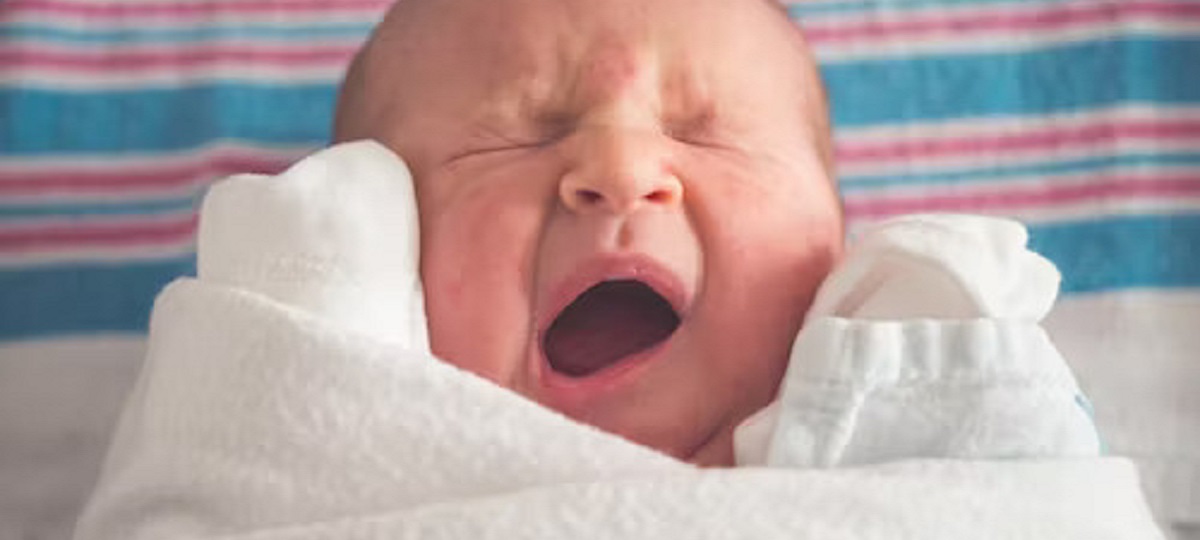Hemorrhoids, also known as piles, are swollen blood vessels in the rectum or anus. They can occur internally or externally and cause discomfort, itching, and pain. Hemorrhoids are a common condition during pregnancy and after giving birth due to increased pressure on the rectal area. These swollen blood vessels can be bothersome but are generally not a severe health issue.
Causes of Hemorrhoids
There are several factors that contribute to the development of hemorrhoids, particularly during pregnancy and after giving birth. The primary causes include:
- Increased pressure: The growing uterus during pregnancy exerts pressure on the rectal area, leading to the formation of hemorrhoids.
- Hormonal changes: Pregnancy hormones can weaken the walls of blood vessels, making them more susceptible to swelling and inflammation.
- Constipation: Straining during bowel movements due to constipation can put pressure on the rectal veins, leading to hemorrhoid formation.
- Prolonged sitting or standing: Remaining in a sedentary position for extended periods can contribute to the development of hemorrhoids.
- Genetic predisposition: Some individuals may have a genetic predisposition to develop hemorrhoids.
Hemorrhoids During Pregnancy
During pregnancy, hormonal changes and increased pressure on the rectal area can lead to the development of hemorrhoids. They are more common in the later stages of pregnancy and may cause discomfort, itching, and pain. Fortunately, pregnant hemorrhoids typically go away on their own after birth.
Hemorrhoids After Giving Birth
After giving birth, hemorrhoids can persist or develop for various reasons. The process of childbirth, including pushing during labor, can strain the rectal area and exacerbate existing hemorrhoids. Additionally, postpartum factors such as constipation, changes in hormone levels, and physical recovery can contribute to hemorrhoid formation or aggravation.
How Long Do Hemorrhoids Last After Birth?
The duration of hemorrhoids after birth can vary from person to person. In general, hemorrhoids tend to improve and heal within a few weeks to a couple of months postpartum. However, some individuals may experience lingering symptoms for a more extended period. It is important to note that seeking appropriate remedies and following preventive measures can significantly contribute to the healing process.
Signs and Symptoms of Hemorrhoids After Birth
Hemorrhoids after giving birth can manifest through various signs and symptoms, including:
- Rectal pain or discomfort
- Itching or irritation around the anus
- Swelling or lumps near the anus
- Bleeding during bowel movements
- Anal leakage or mucus discharge
Natural Remedies for Hemorrhoids After Birth
Fortunately, there are several natural remedies that can provide relief from hemorrhoids after giving birth. These remedies aim to alleviate discomfort, reduce inflammation, and promote healing. Here are some effective options:
- Warm baths: Soaking in a warm bath for 15-20 minutes can help reduce swelling and provide temporary relief from pain.
- Sitz baths: A sitz bath involves sitting in warm water that covers the buttocks and hips. This technique can promote healing and soothe hemorrhoids.
- Topical treatments: Applying over-the-counter creams or ointments containing witch hazel or aloe vera can help relieve itching and reduce inflammation.
- Cold compresses: Applying cold compresses or ice packs to the affected area can help reduce swelling and numb the pain.
- Dietary adjustments: Consuming a high-fiber diet and drinking plenty of fluids can help soften the stool and ease bowel movements, reducing strain on hemorrhoids.
Medical Treatments for Hemorrhoids After Birth
In some cases, natural remedies may not provide sufficient relief, and medical interventions may be necessary. For a precise diagnosis and suitable treatment choices, you must visit a healthcare expert. Medical treatments for hemorrhoids after birth may include:
- Topical medications: Prescription-strength creams or ointments containing corticosteroids or lidocaine can provide more potent relief from symptoms.
- Rubber band ligation: This procedure involves placing small rubber bands around the base of hemorrhoids, cutting off their blood supply, and causing them to shrink and fall off.
- Sclerotherapy: In this treatment, a solution is injected into the hemorrhoids, causing them to shrink.
- Infrared coagulation: A specialized tool is used to deliver infrared light to the hemorrhoid, causing it to harden and eventually shrivel.
- Hemorrhoidectomy: In severe cases, surgical removal of hemorrhoids may be necessary. This procedure is typically reserved for persistent and large hemorrhoids that do not respond to other treatments.
Prevention Tips for Hemorrhoids After Birth
Taking preventive measures can help minimize the risk of developing or exacerbating hemorrhoids after giving birth. Consider the following tips:
- Maintain a high-fiber diet: Eating foods rich in fiber, such as fruits, vegetables, whole grains, and legumes, can promote regular bowel movements and prevent constipation.
- Stay hydrated: Drinking an adequate amount of water and fluids throughout the day helps soften the stool and prevent straining during bowel movements.
- Avoid prolonged sitting or standing: If your job or daily routine involves extended periods of sitting or standing, take regular breaks and engage in light physical activity to improve circulation.
- Practice good hygiene: After bowel movements, clean the anal area gently with unscented, moist toilet paper or a bidet. Avoid harsh wiping or using irritants such as soap or perfumed products.
- Stay active: Engage in regular exercise, such as walking or postpartum exercises approved by your healthcare provider, to improve bowel function and overall well-being.
